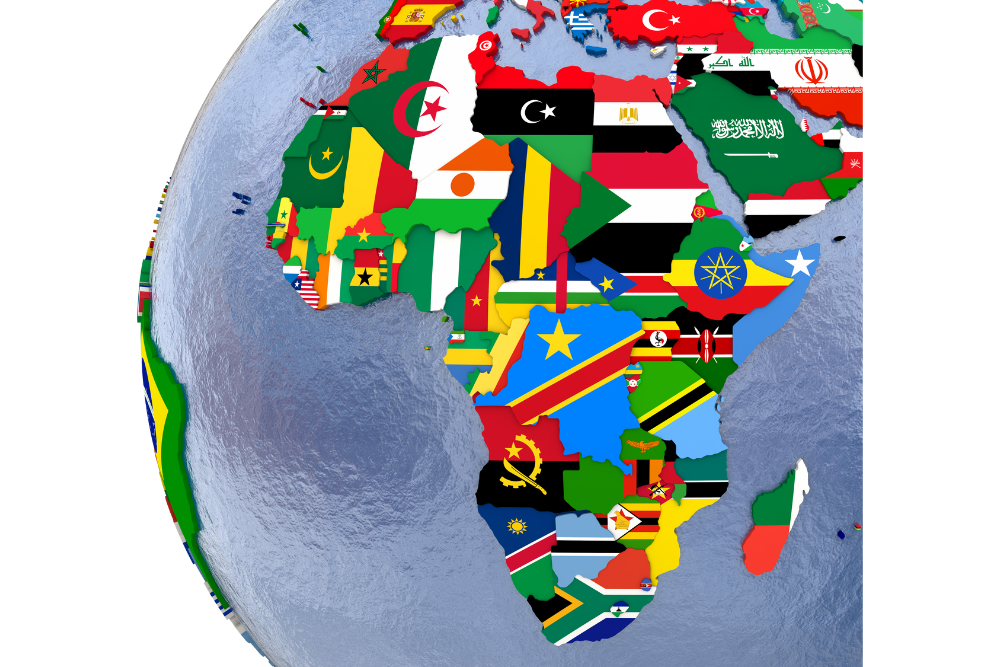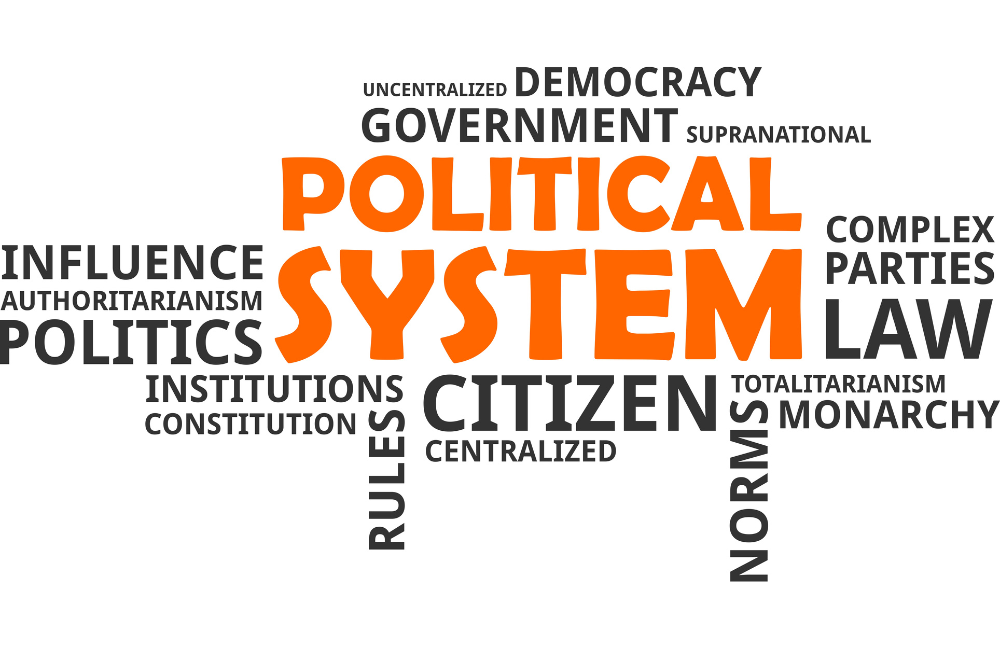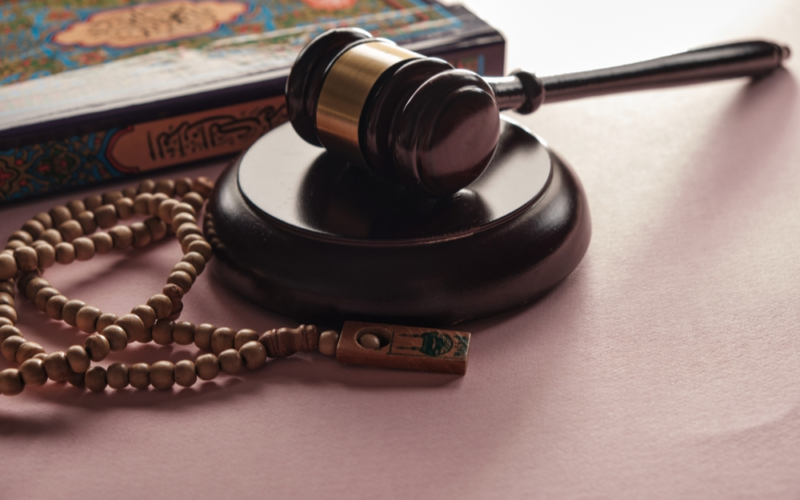While political movements that function in the name of religion have been a world phenomenon for centuries, in the modern age it is only Islam that, in the recent times, has become associated with radical fundamentalism in an essentialist manner. Hence the world view of the traits of this radical fundamentalism gets transferred to Islam itself. These radical Islamists espouse exclusivity in both moral and political domains and have converted political activity into a purified theology of politics without which, according to them, a society or an individual cannot function in entire conformity with Islam. This is what signifies political Islam in today’s context. Tarek Fatah, in his book ‘Chasing a Mirage’ correctly points out that “the issue of succession and the incessant and obsessive urge to establish the Islamic State has made the Muslim Ummah a prisoner of its own delusion”.
One of the major characteristics of political Islam is the rejection of culture with the ideological premise that the ‘true Islam’ is above everything cultural. It is pristine and is politically capable of establishing a utopian state where everyone is contented and honest and which if imposed on humanity can make the world a better place. These revivalists often dominate Muslim organizations and mosques by dint of their dedication, strong networks, material support, and a clear ideological agenda. The political Islam does not argue for itself as an intellectual and political alternative but rather comes across as a rigid rejection of ‘others’, replacing spirituality with self-righteous arrogance. It argues for a cultureless rule-based society where Muslims can assert their ‘distinction’ through gender segregation, imposition of Sharia, inculcation of religious schooling, and the application of most conservative articulations of Islam that exclude diversity and independent thinking. The Islamization of knowledge that it calls for –while incapable of denting the Western scientific and technological superiority- destabilizes the power of modern plural discourse in the Muslim societies.
The exact role that religion should play remains far from a settled issue in almost all the societies and the debate continues to rage from a convincingly secular France to theocratic Iran and Saudi Arabia. While in some other countries like Pakistan and Israel, which are not theocratic, religious political parties and elements continue to wield a powerful position in politics and public domain. Strong religious convictions of important leaders are likely to influence their decision making, sometime at extremely critical junctures, like in the case of Messieurs Bush and Blair. Hence the idea that religion be reduced to the private sphere of life often appears divorced from the realities of the world. While most Muslim countries are known for overtly granting the religion an important role in the public domain, in a number of Western liberal democracies also the state is constitutionally obligated to protect the Christian faith in varying measures. However, a society must strive to find its balance in keeping with its essence while upholding the values of freedom, liberty, and human rights. Even though I have written against the coup because it is likely to be counterproductive, this is what Morsi failed to do recently in Egypt.
While the Quran enjoins an impeccable moral conduct on its adherents which in turn should come together to create a society that is egalitarian and is free from social evils, it leaves the Muslims free in the choice of polity to govern themselves and to achieve the objectives of probity, equality, and justice espoused by Islam. Therefore various dissimilar systems of government and statecraft have been claimed as Islamic by the Muslims in different times and at different places. However the fact remains that the Holy Book -which affirms “We have neglected nothing in the Book” (6:38)- does not lay down a system for Muslim statehood. Just as at no point does the Quran ask the Muslims to set up an Islamic Government, none of the thousands of Ahadith attributed to the Prophet advocate institution of an Islamic State. Iqbal, while supporting the abolition of the caliphate by Ataturk, declared that not only the republican form of government is absolutely consistent with the tenets of Islam but is also best suited to meet the challenges of the modern age. In fact politics, like all man-made activities, is experimental in character and evolves through trial and error. Therefore, it is only normal that throughout the history even the most puritanical of the Muslim states have had to borrow ideas from outside Islam. On the other hand the attempts to declare one or other political movement or quest for power as ‘Islamic’ have led to numerous civil wars and assassinations of political rivals among Muslims throughout their history.
Contrary to the Prophet’s unwavering emphasis on equality and in disregard to the Quran’s views on human merit, not long after the Prophet’s death Muslims reverted to tribalism and reinstated the pre-Islamic traditions of family pedigree. In fact all the struggles for power in the early days of Islam are rooted in the tribal and lineage ties. For several hundred years after the Prophet, the rulers of Muslim world invariably came from one Meccan tribe, Quraysh which –rather than being aligned to the universality and equality as promoted by the Quran- conformed to the notions of Quraysh’s superiority over the rest of the Arabs and the Arab Muslims’ superiority over the non-Arab Muslims. An early example is when Caliph Umar nominated Ammar bin Yasir as governor to Kufa in Iraq he was forced to withdraw the appointment because Ammar was black and thus unacceptable to the people. Much later, in late fourteenth century, the great Muslim thinker Ibn e Khaldun defined the blacks as inherently inferior and likened them to animals. Even recently the Janjaweed militia hunted and killed black Muslims in Darfur in Sudan or the Muslims of Mauritania treat with utter disdain the fellow black Muslims from neighbouring countries such as Senegal. Arab superiority, which was institutionalized after the death of the Prophet, seems prevalent in the early centuries of the Muslim history. For quite a while after Iran’s conquest, it was forbidden for Arab Muslim women to marry Persian Muslim men whereas Arab Muslim men were free to marry Persian women. As Maulana Maudoodi explains in his landmark book “Khilafat o Malookiat”, during the rule of Umayyad dynasty the Arab rulers imposed ‘Jazia’ on non-Arab Muslims and under some rulers, non-Arabs were even barred from leading prayers. Umar bin Abdul Aziz was the first ruler to discontinue this discrimination against non-Arab Muslims. Abbasid rulers were then able to create a more multiracial and multicultural empire and at the same time Muslim rulers had created a similar society in Spain. That is why 9th and 10th centuries established Muslim world as the intellectual and material vanguard of the planet. However this ended as Muslim Empire in Spain began to rot and diminish and first Crusaders and then Mongols broke the back of Muslims in the Middle East. How different Muslim rulers, motivated by political or sectarian rivalries, conspired with the attackers to bring about the downfall of fellow Muslims is another intriguing story and is well chronicled by the historians. However, talking about the Arab Muslims’ feeling of their superiority within the realm of Islam, even a brilliant Arab writer like Amin Maalouf –whose excellent book ‘The Crusades through Arab Eyes’ articulately describes how the Muslim World was at its pinnacle in the tenth century and how the Crusades wrought its decline and became harbinger of the rise of Western Europe which later was to dominate the world thought and power- could not escape the notion of Arab superiority over non-Arab Muslims. While describing the reasons for this Muslim downfall in his book, Maalouf argues that the fact that non-Arab Muslims were at the head of the Muslim World was one of the chief causes of its collapse. According to him the collapse primarily occurred because the people of the Prophet (Arabs) had lost control of their destiny and their leaders were all foreigners (non-Arab Muslims).
This decline or annihilation of Muslim empires engendered sharply insular tendencies within the Muslim societies, the streaks of which can be seen in the writings of the foremost Muslim religious thinkers of those times, such as Al-Ghazali and Ibn Taimiyah. While these scholars strived to rebuild the morale of the Muslims, the desire to regain lost glory gave rise to fallaciously supremacist tendencies. This trend continues till today and has been an important element of the thinking of all the major proponents of Political Islam during the past century –like Maulana Maudoodi, Syed Qutub etc- who do not shun the use of force in establishing Islamic governments and states and betray a clear impulse to turn religion into politics in arguing for a conflation on faith and politics under the guise of Islamic movements. Today we can see this ideology in action in various guises as Boko Haram in Nigeria, Islamists in Syria, Taliban in Pakistan and Afghanistan etc.

Just as I do not feel obliged to adopt any articles of faith that were instituted after the death of the Prophet, I think the political structures and institutions that the Muslims crafted after his death were in accordance with the political and governance imperatives of their times and should only be looked at or judged in that context. Much of the blame for the confusion that the Ummah finds itself in today lies with successive Muslim Dynasties who –while they discarded the practices of Rightly Guided Caliphs less than thirty years after the Prophet’s death- cleverly used Islam to shelter their power in a manner that any refusal to submit to a King could be construed as an act of blasphemy or the contempt of Islam. From Ummayads onwards Muslim kings pronounced that they were the rulers because God willed so. This determinism was challenged by rational Muslims (like Mutazalites) from time to time, but without much success. The decrees by the religious scholars that abandonment of Islam by a Muslim is punishable by death made it easier for these rulers to eliminate any dissidents to their rule or policies. Not only is this not sanctioned anywhere by the Quran but it also opposed to the Quran’s explicit prohibition of using coercion in the matter of faith. As a result the religion got entwined with the State in a manner that is not at all evident in the Quran.
As people like Iqbal and Shariati have argued, Islam is rooted in justice and human rights but is not wedded to one political system or form of governance. Neither the Quran nor the forty thousand ‘Ahadith’ attributed to the Prophet (PBUH) deal in structure for a Muslim State or the rules of governance and succession. Indian thinker Asaf Fyzee in his book ‘A modern Approach to Islam’ makes a case for the separation of religion and law and argues that in every epoch the Quran has to be interpreted afresh and understood anew. The renowned Egyptian thinker Ali Abd al-Raziq, at the advent of the twentieth century, also persuasively advocated the separation of religion and politics. He articulates thorough intellectual arguments to show that the Muslims are in no way obliged to follow a specific historical model of statecraft. Unfortunately most orthodox religious scholars have not been sympathetic to the ideas of Iqbal, Al-Raziq, Fyzee, Shariati and other eminent thinkers with a reformist bend. Islamic polity has most often privileged the view from the right and the constructs that were deemed more liberal have been rejected for the sake of political expediency and in favour of official religious and political discourses sheltered by the governments. Still it can be argued that neither the study of empires nor the approval of traditional Sharia is more seminal for the current Muslim political thought than the ideological developments brought about by such reformist thoughts. These reformers (like Iqbal) attempt to make the distinction between Islam as a divine belief system and the Muslim state as a humanly developed political system which needs to keep up with the progress of human thought and society. As Iqbal argues, the ability to make such a distinction is essential for reinterpretation, experimentation, and reconstruction of Islamic political thought. His thought is not based on the law of natural rights; instead he uses textual authorities drawn from the Quran and Sunnah to develop arguments favouring pluralistic systems and human rights. Many modern Islamic thinkers maintain that Islamic jurisprudence and theology contain within themselves the roots of the ideas similar to modern day ideals of democracy and human rights that can be used to adopt the principles of modern democracy and diversity. In fact any eternal message or theory must be capable of meeting the needs engendered by human development and, thus, Islam too is a system capable of absorbing what is best in philosophy, science, politics, economics etc.
The societies only become moribund when the process of regeneration ceases to exist within them. In order for their revival the Muslims must be able to re-examine the interpretations, with a willingness to renew or reject them where warranted, and –even more importantly- demystify their history. The answer to modern day challenges does not lie within the scope of a mythical history. The focus must centre on human responsibility and considering the traditional understanding and institutions as relative and changeable. Today democracy, pluralism, and human rights are essential for a tolerant political framework and for growth and development of a society and all notions of governance that are variance with these principles seem likely to sooner or later fall into disuse. The systems where a man (or a body of men) is deemed to act on God’s behalf are a relic of the past and should be discarded because the governmental powers that are not filtered through popular channels and representative institutions always tend to be tyrannical. The authoritarian nature of politics exercised in the Muslim world is by no means Islamic. Instead we should look to institute democracy, freedom, and human rights in all modern political doctrines of contemporary Islam. Only democracy with a demarcation between statecraft and religion can meet people’s aspirations today.

It is encouraging to see that in countries like Turkey and Indonesia modern ideological and religious arguments on democracy and pluralism are under construction in their Islamic political discourse. These arguments constitute an important progress towards Muslims’ political growth beyond reactionary and conservative interpretations of Islam’s polity. I am sure the trend will continue and we shall see an increasing democratization and liberalization of Islamic thought in the times to come.







